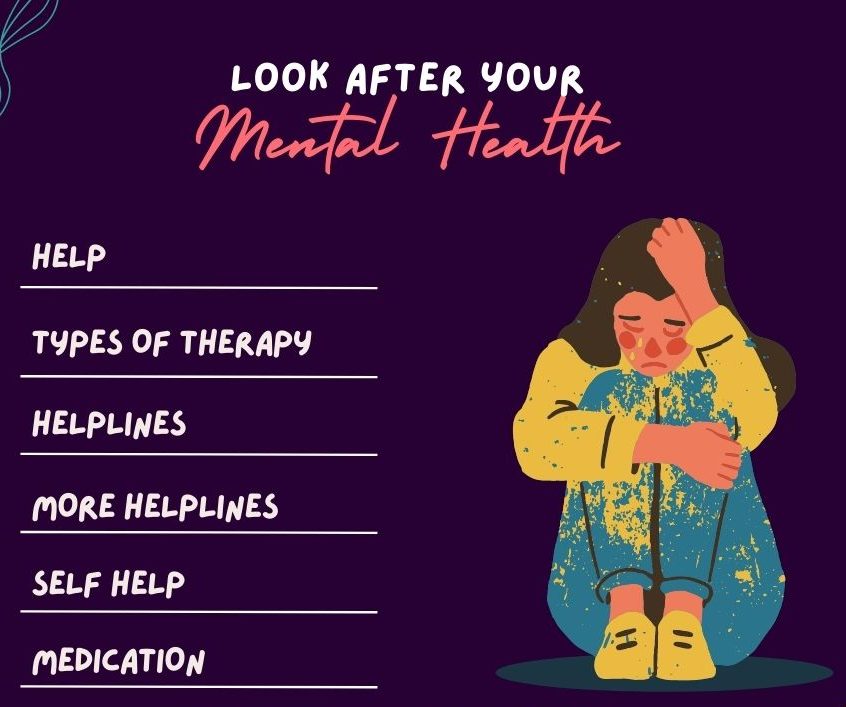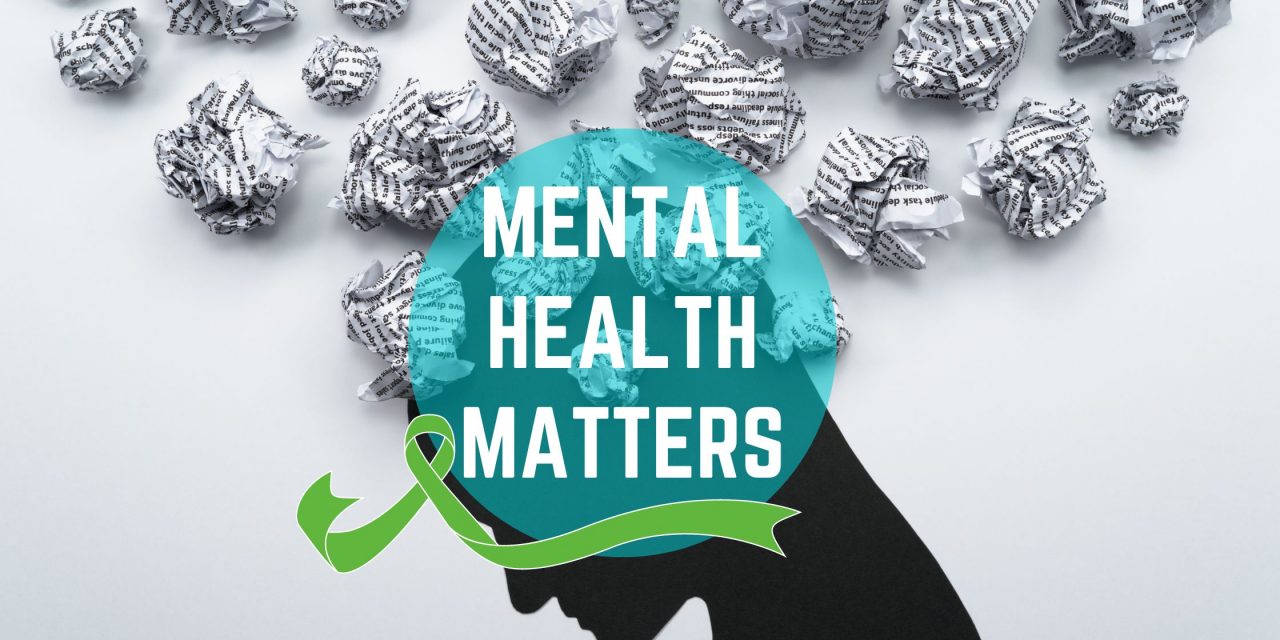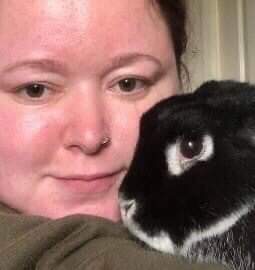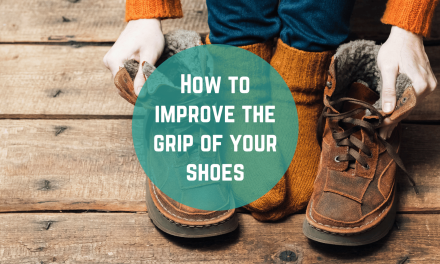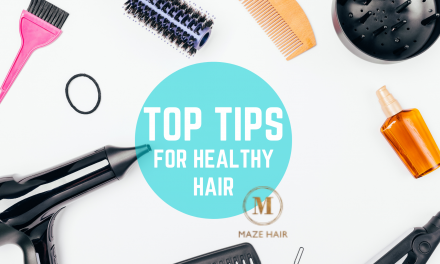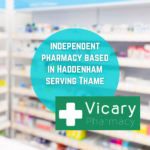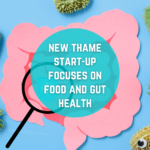Mental health is very important, a lot of us will suffer with some form of mental health issues or know someone that does. Sadly it can appear and affect us at the most unexpected times, there isn’t always an obvious trigger, but it is very common for it to affect us at stressful times in our lives.
It can be so debilitating and can even affect your physical health. There are a lot of people and charities that can help with all sorts of mental health issues, from stress, anxiety, depression, obsessive compulsive disorder, eating disorders, dissociation, dissociative disorders and so many more.
Please reach out to a friend, family member or even some of the suggestions below if you need help or guidance, please never feel alone and there are many people that won’t judge.
The list below is designed to be simple for ease of reading and easy to see who and where you can get help. If you have any suggestions to add to the list, please don’t hesitate to get intouch. We want to supply the appropriate information for those in need, the best we can.
WHERE TO GET HELP
GP
School Counsellor
Therapist
Self referral
NHS 111 (Phone or online form)
A&E
Crisis Team
Apps
TYPES OF THERAPY
Exposure Therapy
CBT (Cognitive Behaviour Therapy)
Counselling
Hypnotherapy
Psychotherapy
Humanistic therapy
Art therapy
and more.
HELPLINES
NHS Website
CAMHS – Child and Adolescent Mental Health Services
Samaritans (listening helpline)
Mind
YoungMinds
Shout (free text service for anyone struggling to cope and in need of immediate help)
CALM (Campaign Against Living Miserably, suicide prevention offering free, anonymous and confidential support)
Alcoholics Anonymous (Alcohol addiction)
FRANK (helping with drug and alcohol addiction)
Cruse Bereavement Care (Those grieving after a death of a loved one)
Blue Cross – Pet Bereavement Support
Childline (Under 19s in the UK)
Macmillan Cancer Support (Supporting cancer patients and their loved ones)
Carers Trust (support for carers, young adult carers and young carers)
Carers UK (support for those caring for an older, disabled or seriously ill family or friend)
Dementia UK (supporting those caring for someone with dementia)
Alzheimer’s Society (supporting those with dementia and their carers)
Beat (information and support for anyone affected by an eating disorder)
Age UK (free information, advice and support on issues affecting older people)
Citizens Advice Service (can help with most life style questions)
Crisis (helps support single homeless people)
Shelter (helping with bad housing or homelessness)
NSPCC (advice and support to adults worried about a child)
MORE HELPLINES AVAILABLE AT…
BBC Action Line
This Morning Helplines
Channel 4 Help and Support
SELF HELP
Routine and Structure
Healthy Diet and Exercise
Vitamins and Supplements
Natural Sunlight
Hobbies
Social interaction
Positivity
Support
Coping Mechanisms / Strategies
Talking, expressing
Tidy environment
Joining Groups
Apps
MEDICATION
Most medications that can help your mood come in the form of oral tablets, you can however get injections, suppositories and creams/gels.
*Medications don’t work for everyone and there are loads of different medications out there, what works for one person, may not work the same for another. Some people need a combination of different medications and it can take a while to find the right combination for you, it can also take a few days to a month to work or for any side effects to reduce.
NEVER stop them without advice and talking to your doctor or trained therapist, you should reduce your dosage slowly. If you’ve been on medication before and came off them, they don’t necessarily worth the same the next time.*
SSRIs (antidepressants, Selective serotonin reuptake inhibitor)
SNRIs (antidepressants, Serotonin and norepinephrine reuptake inhibitor)
MAOIs (Monoamine oxidase inhibitors)
Tricyclics and tricyclic-related drugs
Antipsychotics
Antihistamines
Mood stabilisers
Anticonvulsants
Birth control
HRT (Hormone replacement therapy)
